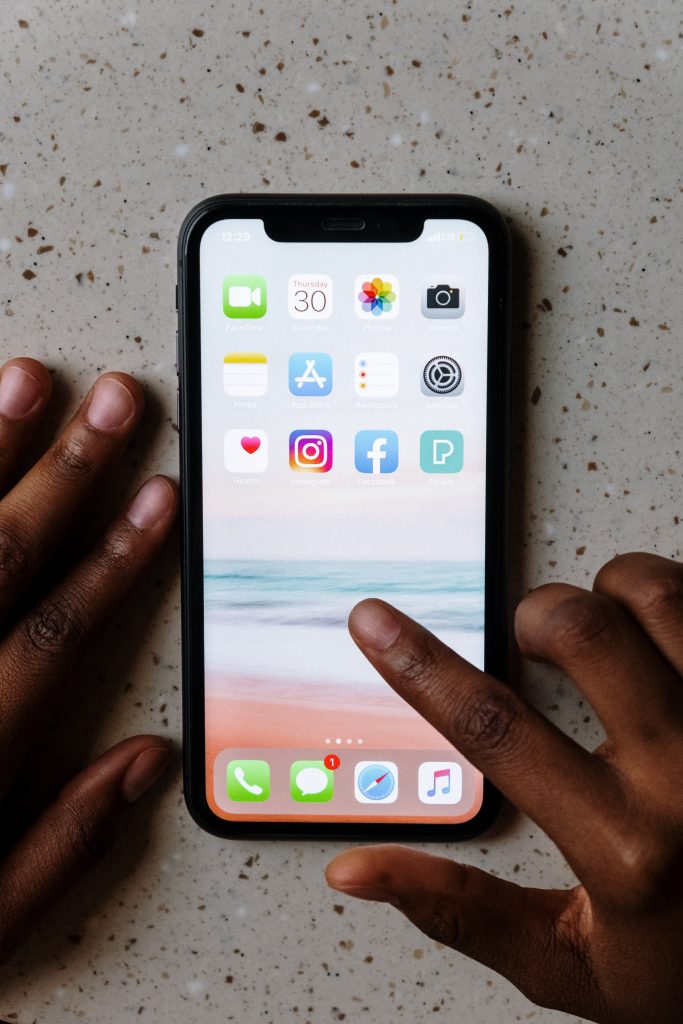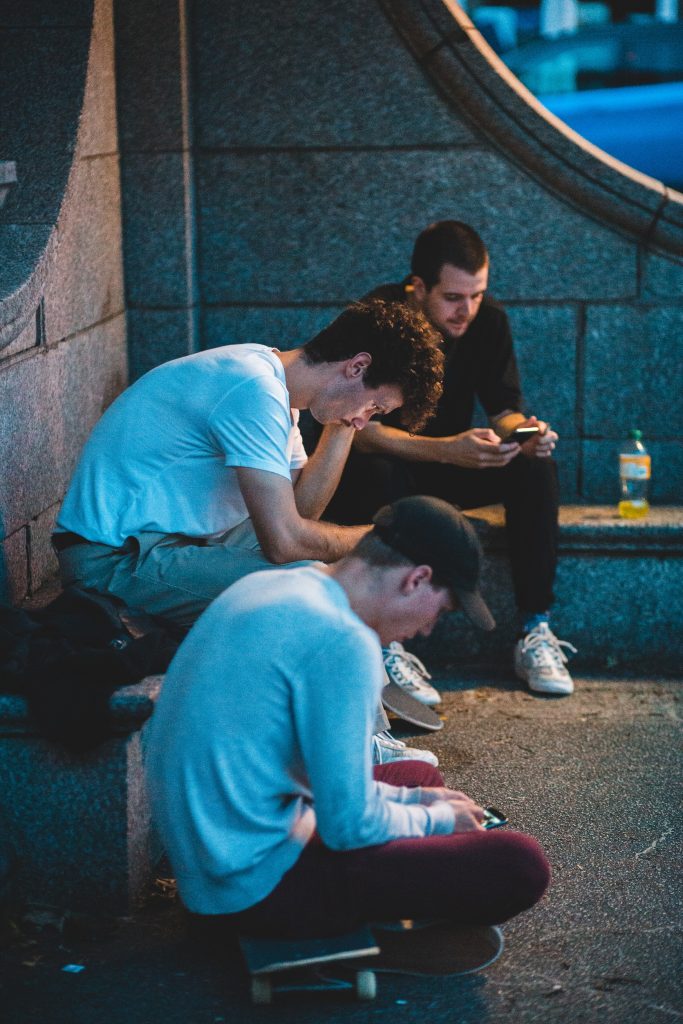Social Media and Wellbeing
How social media affects social wellbeing and ways to use it positively.

Social media has become an integral part of our daily lives, with an estimated 3.6 billion people using it globally. While social media has undoubtedly changed the way we interact with one another, it has also raised concerns about its impact on our social wellbeing. In this blog post, we’ll explore how social media affects social wellbeing and ways to use it positively.
The Impact of Social Media on Social Wellbeing
Social media has the power to connect us with people from all over the world, and it has made it easier for us to stay in touch with friends and family who live far away. However, research has shown that social media use can also have negative effects on social wellbeing. For example, excessive use of social media has been linked to feelings of social isolation and loneliness, as well as anxiety and depression.
One of the reasons for this is that social media can create a false sense of connection. Likes, comments, and shares can make us feel like we’re part of a larger community, but these interactions are often superficial and don’t provide the same level of emotional support as in-person interactions. Additionally, social media can create pressure to present a perfect image of ourselves, which can lead to feelings of inadequacy and social comparison.
Using Social Media Positively
While social media can have negative effects on social wellbeing, it’s important to remember that it can also be used positively. Here are some tips for using social media in a way that promotes social wellbeing:
Set Limits: One of the most effective ways to use social media positively is to set limits on your use. Try to limit your social media use to a certain time of day, and avoid scrolling through your feed right before bed.
Connect with Others: Instead of just liking or commenting on posts, try to engage in meaningful conversations with people on social media. Join groups and communities that align with your interests, and use social media as a tool to connect with like-minded individuals.
Be Authentic: Don’t be afraid to show your true self on social media. Share your experiences, thoughts, and feelings honestly and authentically. This can help to foster deeper connections with others and reduce feelings of social comparison.
Practice Mindful Use: When using social media, try to be mindful of how it makes you feel. If you find yourself feeling anxious or unhappy after scrolling through your feed, it may be time to take a break.
Use Social Media to Give Back: Social media can also be a powerful tool for giving back to your community. Use your platform to raise awareness for causes you care about, or volunteer your time and skills to help others.
Conclusion
Social media can have both positive and negative effects on social wellbeing, depending on how it’s used. By setting limits, connecting with others, being authentic, practicing mindful use, and using social media to give back, we can harness its power to promote social wellbeing and build deeper connections with others.




